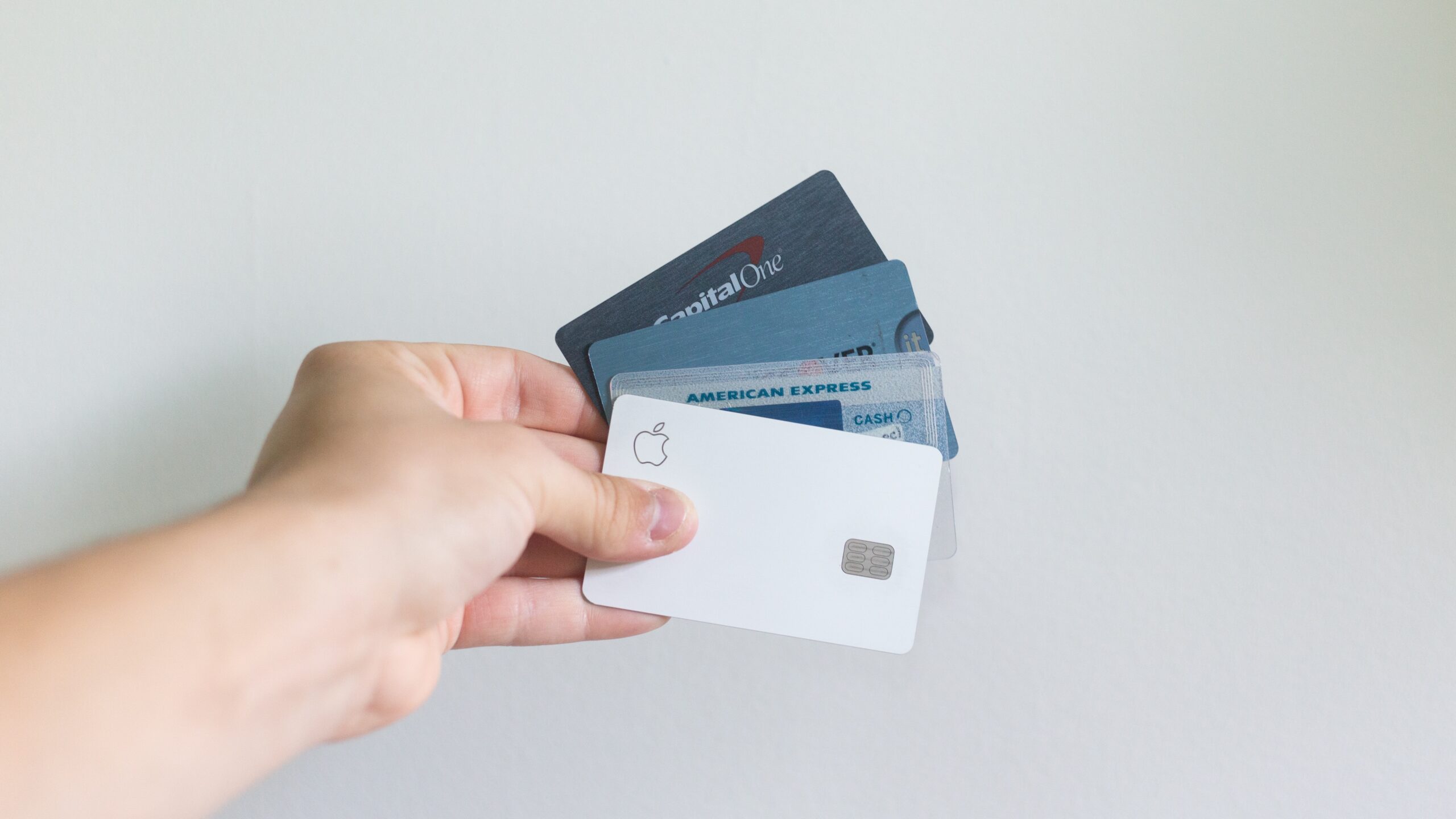
Having a credit card can be a convenient financial tool, but there may come a time when you need to cancel one. Whether it’s due to high fees, a change in financial goals, or simply wanting to streamline your wallet, canceling a credit card should be done carefully to minimize any negative impact on your credit score.
Understand the Impact
Before you cancel a credit card, it’s important to understand how it may affect your credit score. Closing a credit card account can potentially lower your credit utilization ratio, which is the amount of credit you’re using compared to your total available credit. This ratio plays a significant role in determining your credit score. If you have a low credit utilization ratio, canceling a credit card may cause it to increase, which could negatively impact your credit score.
Additionally, canceling a credit card may decrease the average age of your credit accounts, which is another factor that affects your credit score. If the card you’re considering canceling is one of your oldest accounts, it may be wise to think twice before proceeding.
Consider Alternatives
If you’re looking to cancel a credit card to avoid high fees or because you’re no longer using it, there may be alternative options to consider:
- Downgrade: Contact your credit card issuer and inquire about downgrading your card to a no-fee or lower fee version. This way, you can keep the account open without incurring unnecessary costs.
- Transfer the balance: If you have an outstanding balance on the card you want to cancel, consider transferring it to another credit card with a lower interest rate or a promotional balance transfer offer. This can help you save money on interest and keep your credit utilization ratio in check.
- Keep the account open: If the card has no annual fee and you’re not struggling with impulse spending, it may be beneficial to keep the account open. Having a long credit history can positively impact your credit score, so maintaining the account may be worth it in the long run.
Take Precautions
When you’ve made the decision to cancel a credit card, there are a few precautions you should take:
- Pay off the balance: Before canceling the card, make sure to pay off any outstanding balance. This will prevent any negative impact on your credit score and ensure you’re not charged any additional interest or fees.
- Notify automatic payments: If you have any automatic payments linked to the credit card you plan to cancel, be sure to update your payment information with the respective service providers. This will prevent any missed payments or late fees.
- Request written confirmation: After canceling the credit card, request written confirmation from the credit card issuer stating that the account has been closed. This documentation can be useful if any discrepancies arise in the future.
Monitor Your Credit
Once you’ve canceled a credit card, it’s important to monitor your credit report to ensure that the account is properly closed and there are no errors or unauthorized activity. You can request a free copy of your credit report from each of the three major credit bureaus once a year. Review the report for accuracy and report any discrepancies immediately.
In Conclusion
Remember, canceling a credit card is a personal decision that should be made based on your individual financial circumstances. It’s essential to weigh the pros and cons and consider alternative options before taking action. By understanding the potential impact, exploring alternatives, taking precautions, and monitoring your credit, you can cancel a credit card without hurting your credit.











